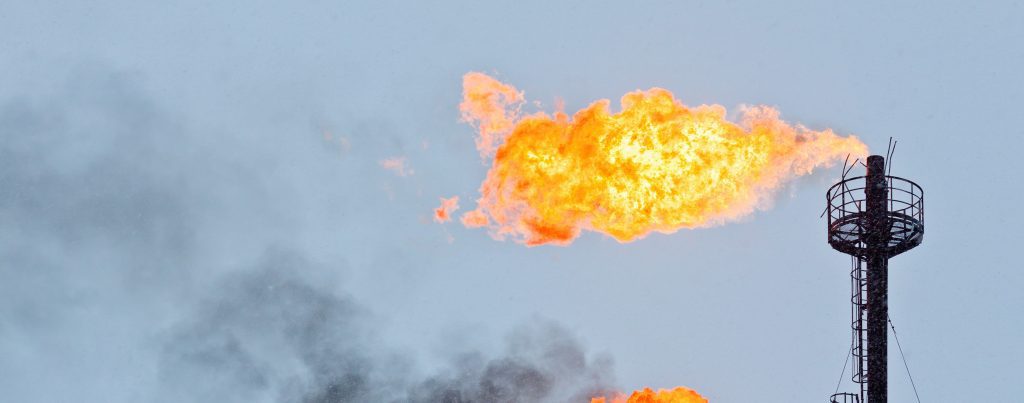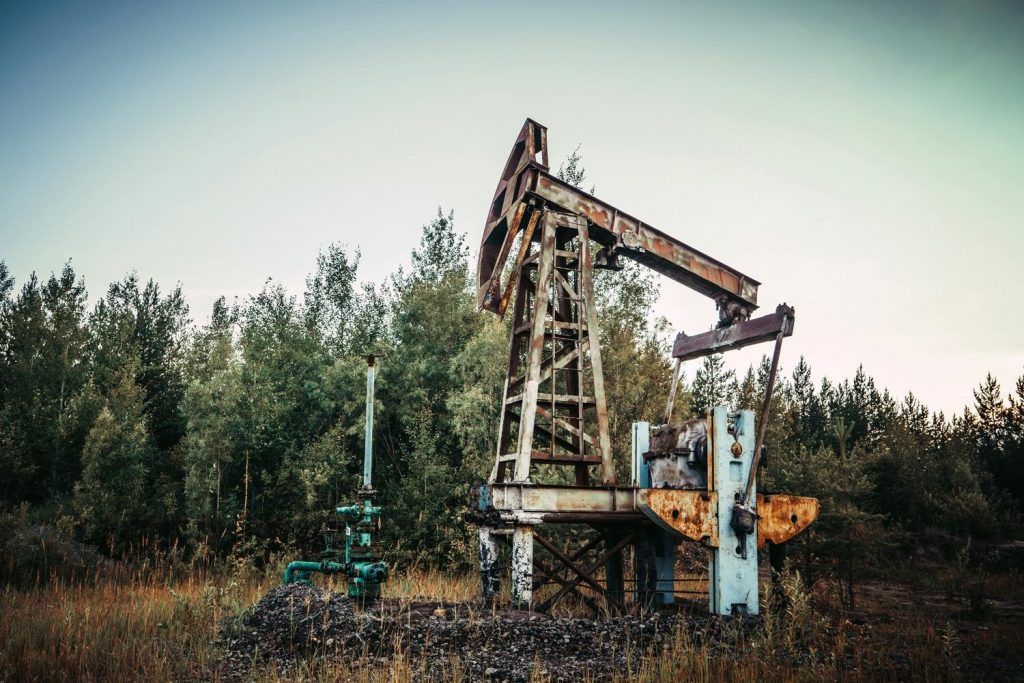In her historic acceptance speech on Tuesday, Alberta NDP leader and Premier-elect Rachel Notley lamented the boom-and-bust nature of the Alberta economy. She talked about diversifying Alberta’s economy to one that it is more resilient and includes greater development of renewable energy. Her campaign platform included a commitment to take greater action on climate change, including phasing out coal-fired power more quickly.
The Alberta NDP also promised to commission an open and transparent review of oil and gas royalties to ensure that the province is getting a fair return on an asset that belongs to all Albertans. And it promised to set aside more of that revenue from oil and gas development to put into Alberta’s Heritage Fund, a rainy-day fund that is intended to turn the province’s non-renewable oil resources into a sustainable financial resource.
All of this gives us a sense of the economic priorities of the incoming government, especially in the areas of energy development. It also bears great resemblance to recommendations made not too long ago by advisors to a Tory premier. And surprising though it may sound, these recommendations may prove to be a good place for the NDP to start.
In 2011, a 12-person Council for Economic Strategy was commissioned by then Alberta Premier Ed Stelmach to assess Alberta’s economic prospects and recommend an economic strategy. The Council did some historical analysis of the Alberta economy, reporting that:
“Efforts over six decades to grow strong new sectors in Alberta have been hampered by cycles of “boom and bust” that have characterized the energy sector. During the busts, capital has dried up as investors retreated. During the booms, energy projects have attracted all available labour and capital to support massive construction efforts, driving up wages and materials costs. In either cycle, it has been difficult for other sectors to grow and establish a competitive position in international markets.”
The Council also had fairly strongly worded warnings about the risks to the Alberta economy of relying too heavily on tar sands production: “The creation of an affordable, environmentally friendly alternative to oil would be a great thing for the world. It could be economically devastating for Alberta if, when it happens, we are still heavily dependent on oil exports.” The Council went on to say that Alberta vulnerability is not because “there is a danger of running out of raw materials – Alberta’s energy resources are massive – but because the production costs of heavy oil from oil sands are among the highest in the world, and because our reputation for orderly and responsible development is under attack.”
That analysis certainly rings true today, with oil prices through the floor, an Alberta government in deficit, the reputation of tar sands oil at an all time low, and the technological revolution in electric vehicles threatening the most important market for oil.
The Council’s advice? Diversify the economy, plan for the displacement of Alberta oil in the marketplace, and plan for the future by collecting and saving more revenue from oil and gas: “[W]e must plan for the eventuality that oil sands production will almost certainly be displaced at some point in the future by lower-cost and/or lower-emission alternatives. We may have heavy oil to sell, but few or no profitable markets wishing to buy.”
When it comes to oil revenue and the Heritage Fund, the Council suggested applying the principles of sound financial planning: “cover day-to-day operating expenses from regular income (individual/corporate taxes and user fees); treat money received from the sale of assets [like oil] as capital to be put to work strategically to create greater income in the future.” In other words, the Alberta government can plan for the displacement of oil by gradually reducing production in the tar sands while putting resource revenue from that production into the Heritage Fund to stabilize boom-and-bust cycles and diversify the economy, both in energy and other sectors.
This advice is from a blue-ribbon panel headed by David Emerson, a former federal Conservative cabinet minister. Although it wasn’t acted upon when it was first given, this advice aligns well with the Alberta NDP agenda on the economy, energy development and climate change and it deserves to be dusted off.
If anything, recent citizen opposition to tar sands pipelines, both within and outside the province, makes this analysis and advice even more relevant. Adding to this is an election result that shows that there is an increasing awareness within Alberta that something needs to be done to strengthen the province’s approach to both economic diversification and environmental protection.
Let’s hope that that the new NDP government uses its newfound mandate to accomplish both.







